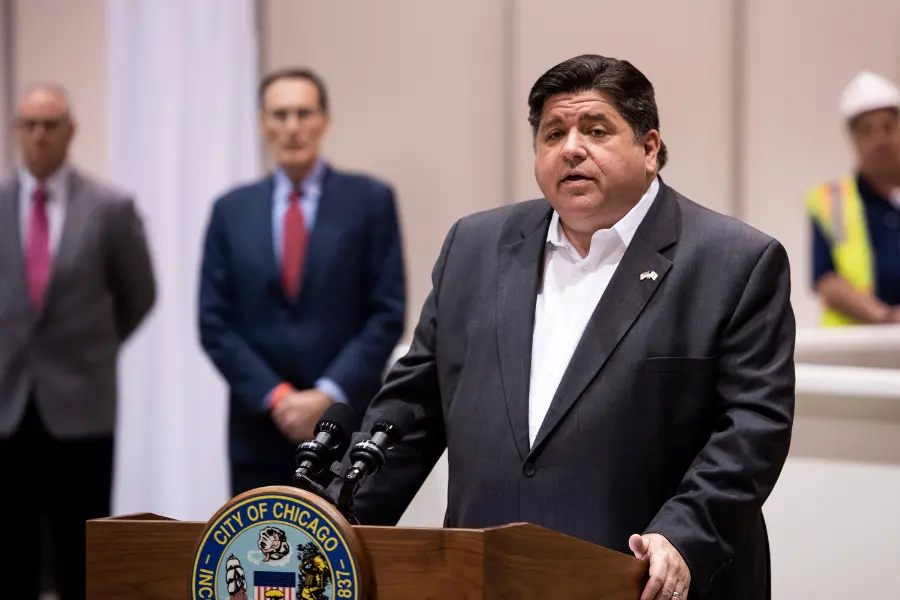A flurry of bills in the state legislature seems to make the goal to legalize online casinos in Illinois even more plausible.
- On Feb. 8, state Senator Cristina Castro introduced her version, with a 15% tax and a $250,000 licensing fee. See Bill 1656 here.
- On the same day, Rep. Edgar Gonzalez introduced a bill, also calling for a 15% tax and a matching licensing fee figure. See Bill 2239 here.
- And on Feb. 14, Rep. Jonathan Carroll introduced his version, with a 12% tax and a $500,000 licensing fee. See Bill 2320 here.
The 15% figure would match the tax charged in New Jersey, which in many respects set the standard for online casino gambling when it launched back in 2013. The 12% tax would be the lowest in the nation.
Carroll’s bill calls for a repeat of the much-derided requirement for in-person signup for an account for the first six months after legalization, matching what occurred when sports betting launched in 2021.
The other two bills would allow for online registration immediately. The Carroll version is seen as a benefit to retail casinos, which would gain visitation from gamblers who desire an online casino account.
The Castro/Gonzalez bills would add another charge of $100,000 every four years, while the Carroll version would charge $250,000 every four years.
That means in the former version, operators would pay $450,000 after eight years compared to $1 million in that span if the Carroll version wins out.
But Carroll’s offering of a lower tax rate makes it a better deal for those operators, who would save far more in taxes than they pay in extra fees.
That’s because online casino gaming is far more lucrative than the more-publicized mobile sports betting.
In New Jersey in 2022, the state collected $249.4 million in taxes with that 15% rate, compared to a mere $93.9 million from mobile sports betting at a 13% tax rate.
Pennsylvania and Michigan, the other states with an extensive track record for both forms of gambling as well as large markets, have had similar results.
Residents of those three states who dabble in mobile sports betting receive a wide array of bonus offers designed by the operators to get them to gamble in the more “risk-free” version of gambling represented by online casino play.
The Illinois bills also include provisions regarding responsible gambling, a topic that has drawn national media attention in recent weeks. Self-exclusion lists – for patrons concerned with their gambling urges – and responsible gambling notifications being prominent on each online casino website would be among the requirements.
Also, a provision in the bills for $10 million to be directed toward responsible gambling programs would more than double the state’s total allocation to such efforts.
Where else is online casino gambling a topic of discussion?
Illinois could have some competition in the race to become the seventh state with online casino gaming. In January, a lawmaker in neighboring Indiana introduced a bill that would allow for such gambling with a 20% tax rate at casinos and racinos in the state. The fee would be $500,000 plus a $50,000 annual fee.
In New York, a similar bill was just introduced – but with what would be a 30.5% tax rate. The state already has a nationwide-high 51% tax rate on mobile sports betting, although operators there have been lobbying hard for a reduction of that rate because the companies all are losing money.
Each of those nine operators would be permitted to offer online casino gaming, as many already do in other states. Adding more lucrative online gaming to the portfolio could be seen as a compromise regarding the high sports betting tax rate.





